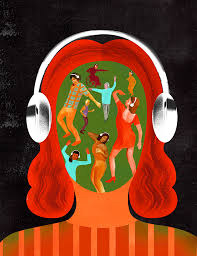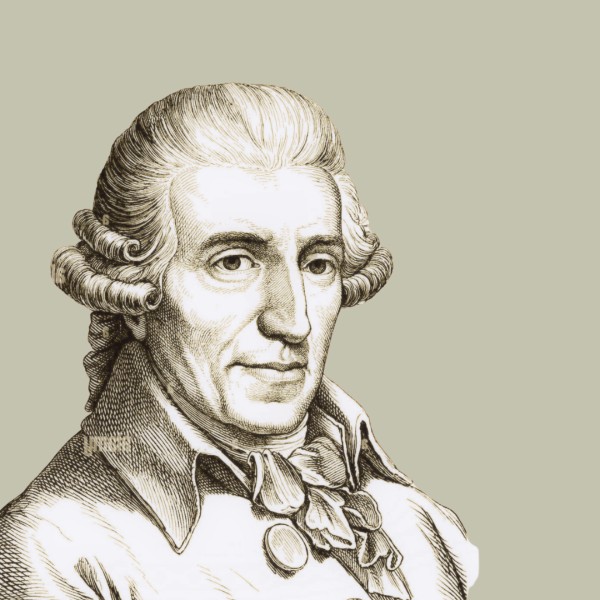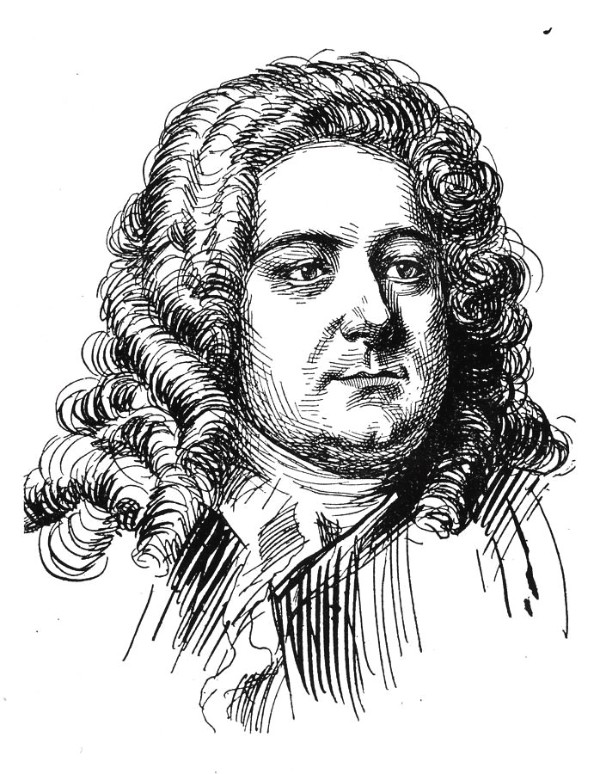
© Shutterstock
Sitting at home 24 hours a day is seriously getting on my nerves. And in turn, I get on the nerves of everybody else in the house. Just this morning, I barked at the dog! Instinctively we know that staying home is probably the best way to stop this pandemic, but it’s still rather depressing, stressful and frustrating. People everywhere are feeling the same sense of anxiety, and some have found release by singing arias and playing instruments on their balconies. Habitually, I don’t sing on my balcony or elsewhere, but I can share a playlist of music to serve as a picker upper. I have selected uplifting music that will make you feel cheerful and happy, like you’ve just won the lottery!
When Robert Schumann finally found his Clara, it must have felt just like that.
Robert Schumann: Piano Quintet Op. 44 – I. Allegro brillante (Kodály Quartet; Jenő Jandó, piano)
The crafty barber by the name of Figaro is the title character in a number of great operas. And in Rossini’s reading, Figaro is a boastful and buoyant character telling everybody exactly why he is the most famous barber of Seville. And that sense of uplifting and confidence is exactly what we need today as well.
Gioachino Rossini: The Barber of Seville – Act I: Cavatina: Make way for the factotum of the city (Nicola Alaimo, baritone; G. Rossini Symphony Orchestra; Mirca Rosciani, cond.)
If you are ever in need of a musical pick-me-up, there is no better choice than Mozart. Just listen to some of the light Rondos he composed for some of the concluding movements of his piano concertos. The gaiety of the Rondo tune, a delicate interplay amongst instruments, the perfect symmetry of form, all bathed in almost unimaginable abundance of beauty. Mozart rules when it comes to uplifting music.
Wolfgang Amadeus Mozart: Piano Concerto No. 22, K. 482 – III. Allegro (Sebastian Knauer, piano; Netherlands Chamber Orchestra; Philippe Entremont, cond.)

Summer in Italy
© Unsplash
The worst thing about being locked-in is the feeling that you really would like to be somewhere else. Fortunately, music has the ability to take you anywhere you’d like to be. The music Mendelssohn wrote while in Italy immediately communicates the sunshine and warmth of the Italian countryside. In the opening movement the composer grants the winds a tremendous degree of freedom, resulting in a transparent, bright and airy texture. Mendelssohn himself described this symphony as “blue sky in A major.
George Frideric Handel set a substantial number of uplifting texts to music. However, much of his instrumental music is equally elevating. Just take his Water Music, first performed in July 1717 when Handel placed about fifty musicians on a barge and floated downriver to serenade the Monarch. Horns were recent additions to the orchestra and Handel used them to brilliant and uplifting effect.
George Frideric Handel: Water Music Suite (London Symphony Orchestra; George Szell, cond.)
For me personally, Léo Delibes wrote the most uplifting operatic duet ever in his opera Lakmé. Against the backdrop of forbidden love, religious intolerance and over-bearing hardship, the priestess Lakmé and her servant Mallika gather flowers by a river. “Come, let us drift down together,” they sing, accompanied by mesmerizing and uplifting harmonies.
Léo Delibes: Lakme, Act I – Sous le dome epais, “Flower Duet” (Rachel Rosales, soprano; Christine Moore, soprano; Bulgarian National Radio Symphony Orchestra; John Landor, cond.)

© Nautilus
Prokofiev’s earliest effort in the symphonic genre also became one of his most popular and most frequently programmed works. Composed in 1916/17, the Classical Symphony borrows features from Viennese Classicism. Although sharply dissonant at times, it is a lighthearted and humorous work that owes much to the spirit of Joseph Haydn. Of course we can hear the sense of irony and a bit of sarcasm, but we can’t help but smile nevertheless.
Sergei Prokofiev: Symphony No. 1, Op. 25 “Classical” (Slovak Philharmonic Orchestra; Stephen Gunzenhauser, cond.)
Martin Luther tells us that the world is full of devils and ghosts. Clearly, we should add viruses to that category. However, Luther also tells us that these nasty things will come to pass, and once this jubilance is set to the glorious music of Johann Sebastian Bach, we know that his message is a memorandum of hope and optimism. However, you look at it, Bach’s musical takes provide some of the most uplifting expressions for all of humanity. Stay healthy in mind, spirit and body!
Johann Sebastian Bach: Brandenburg Concerto No. 5, BWV 1050 – III. Allegro (Berlin Akademie für Alte Musik)


